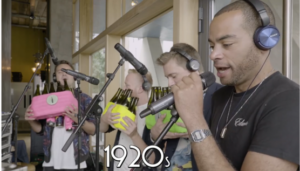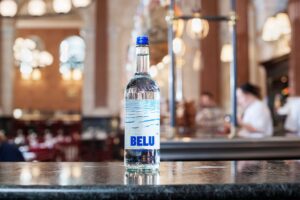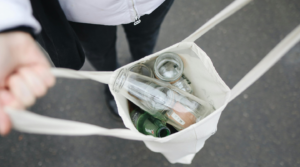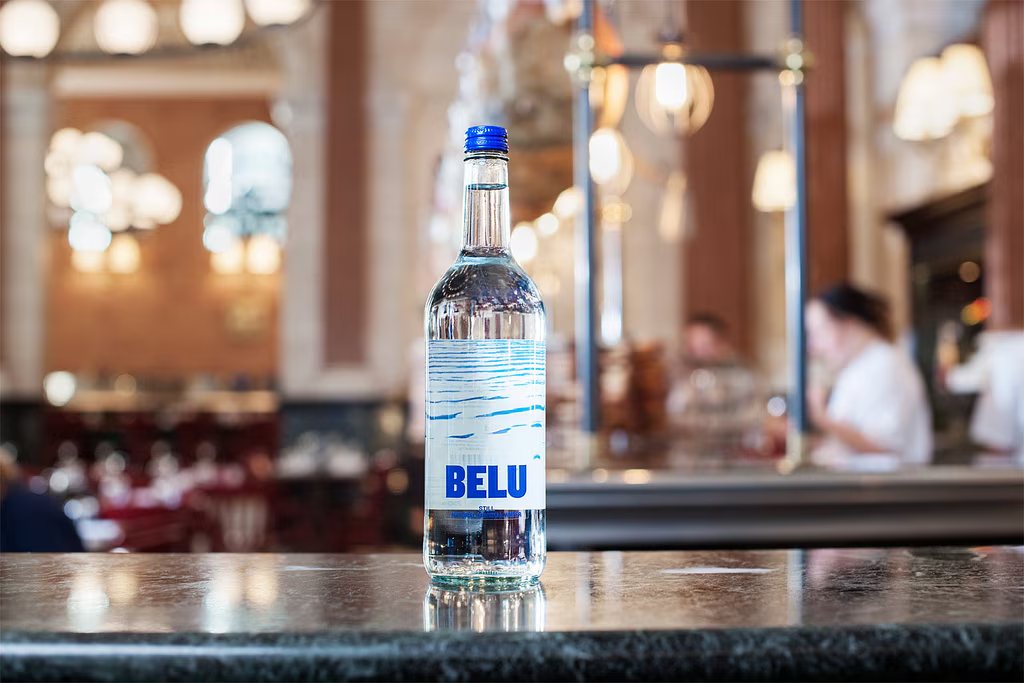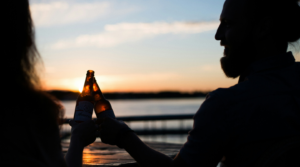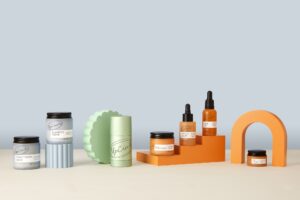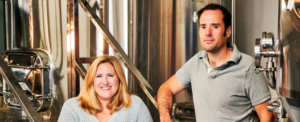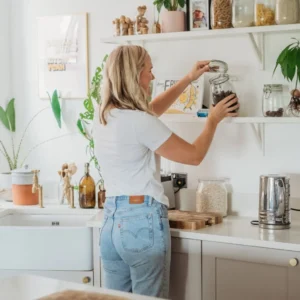Belu isn’t your average drinks company. As a UK-based social enterprise, it supplies mineral water, filtration systems, tonics and mixers while committing to giving 100% of its net profits to WaterAid.
Since forming their exclusive partnership in 2011, Belu has donated over £6.1 million in unrestricted funds to support clean water, decent toilets, and hygiene projects globally. This has helped transform the lives of more than 410,000 people.
In 2024 alone, Belu pledged around £368,038 of its net profit to WaterAid. This brought their total by early 2024 to about £5.8 million, impacting nearly 392,000 lives. As co-CEOs Natalie Campbell and Charlotte Harrington explain, the business model aligns purpose and profit so clearly that giving continues to grow each year.
Why is Belu a Glass Champion?
Belu places packaging at the core of its sustainability mission. Their glass bottles are made in the UK, contain a minimum of 40% recycled content, are lighter than average to reduce emissions, and are fully recyclable. In 2013, Belu worked with UK glass specialists to create the lightest-weight mineral water bottles in the country. This saved 70 g per 750 ml bottle and significantly cut emissions and material use.
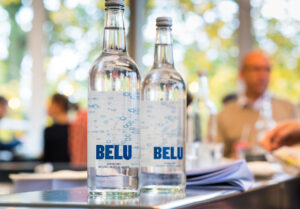
They’ve also introduced a green glass range for tonics and mixers, made with over 70% recycled material. This makes them the only brand in that category to use such a high level of recycled content. By switching customers to these lightweight, UK-made bottles, Belu estimates annual savings of 850,000 kg of glass. That’s equivalent to 2.1 million wine bottles, resulting in a major reduction in carbon emissions.
Circular design and reuse initiatives
Belu supports circular systems by providing closed-loop reuse solutions for hospitality. Their Filter in Action and refillable services supply venues with on-tap still and sparkling water. They also provide reusable glass bottles and refillable containers to help businesses move away from single-use packaging.
Belu is also piloting bottle reuse schemes through partners like Again and Milk & More in London. Used Belu bottles are collected, cleaned in CleanCells, and refilled. This keeps high-quality glass in use for longer and cuts waste without relying on recycling alone.
Environmental leadership and recognition
Belu tracks and discloses its environmental impact through a Purpose P&L. From 2010 to 2023, they reduced their CO₂ intensity per litre poured by more than 68%.
They were the first bottled water brand to achieve PAS 2060 certification for carbon neutrality. Their efforts have earned them multiple Royal Awards for Sustainable Development and Innovation.
Purpose at the core
Belu’s leadership has made sustainability a strategic priority. In 2021, they updated their company articles to align directly with the UN Sustainable Development Goals. These include Goal 6 (clean water), Goal 12 (responsible consumption), and Goal 13 (climate action). Co-CEO Natalie Campbell has spoken about moving away from traditional carbon offsetting and focusing instead on UK-based nature and biodiversity projects. This approach reflects Belu’s long-term commitment to doing business better.
From climate-conscious packaging to closed-loop reuse and world-changing partnerships, Belu is showing what’s possible when businesses lead with purpose. In a sector facing complex challenges, they offer a clear and hopeful example of how glass, used well, can support both people and the planet. That’s why Belu is not just a Glass Champion—they’re a blueprint for how to do things better.
—
The Glass Champions campaign shines a spotlight on the brands, retailers, and independent groups that choose glass as their primary packaging. Discover other brands setting container standards high in food, drink, cosmetics, and beyond. Read more.
